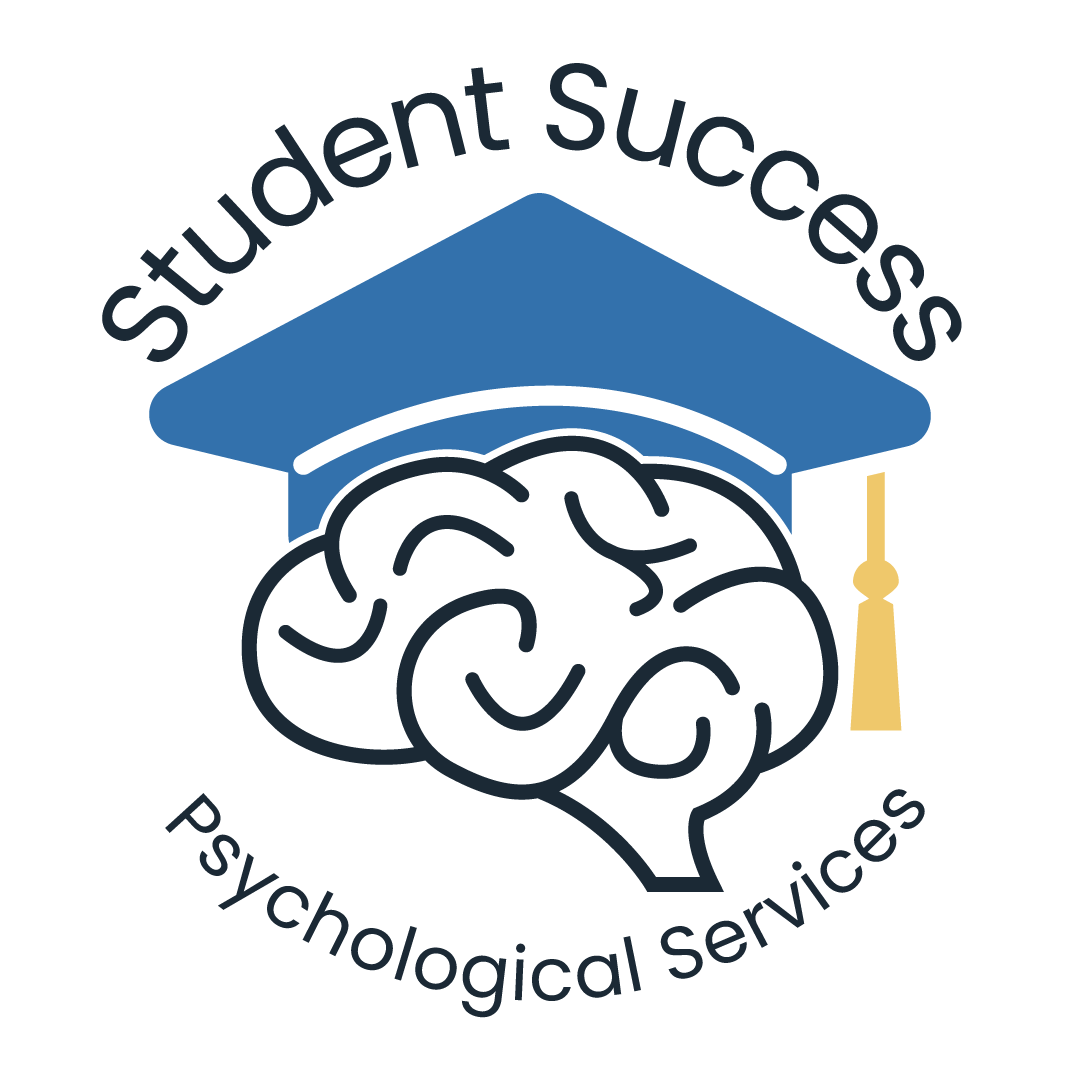How to Have a Healthy Work-Life Balance in College
According to a recent study published in the Journal of American College Health, the less work-life balance a college student has, the more they experience perceived stress, general anxiety, and depressive symptoms (Sprung & Rogers, 2020). The researchers included a total of 111 students from a private Midwestern college between October 2017 and November 2017. They assessed college student work-life balance, as well as perceived stress, anxiety, and depressive symptoms using self-report scales. In addition to increased negative mental health outcomes for college students with less work-life balance, they found perceived stress explained the relationship between poor work-life balance and symptoms of anxiety and depression. Students who struggle to navigate and balance their various commitments and priorities experience stress and pressure, contributing to feelings of anxiety and depression.
This study has implications for the mental health of college students who are tasked with independently balancing academic, work, social, family, and personal demands. College students face challenges achieving work-life balance given the increase in demands as well as stronger aspirations and societal pressures to achieve a healthy balance. In addition, as more college students are participating in work and non-work activities online from home, the boundary between work and non-work is even more difficult to define. This negative tension not only contributes to stress and worry, but it can contribute to more significant mental health problems. Therefore, it is important for us to be aware of the impacts of work-life imbalance and how college students can better manage multiple life demands.
What is work-life balance?
Going to college is a stressful life transition. College students are tasked with managing multiple life demands, including multiple roles, responsibilities, and relationships in addition to their own physical and mental health. They face academic (e.g., getting good grades, deciding on a career) and personal demands (e.g., extracurricular activities, family obligations, part-time job) in addition to increased pressures to be independent and self-sufficient. Work-life balance refers to a college student’s view that their work and non-work activities are compatible and help them towards their life goals. Despite the desire to have a healthy balance between work and non-work demands, more and more college students are facing increased difficulties achieving a healthy work-life balance.
What are the negative impacts of work-life imbalance?
Increased mental health problems, particularly anxiety
Increased burnout
Lower school satisfaction and performance
Decreased time spent focusing on family and friends, personal interests, and self-care
Strategies for a Better Work-Life Balance
Self-exploration: Take the time to discover personal interests, values, and passions. This can help when choosing a career path and prioritizing time and responsibilities.
Time management: Schedule specific times for social activities (e.g., video chat date with a friend, phone call to a parent), leisure activities (e.g., hobbies, travel), and personal care activities (e.g., exercise, sleep) in addition to school and work activities. Knowing your limitations and saying “no” to activities that do not align with your life goals. This can help set boundaries between work and non-work activities as well as maintain time for important rest and recreation activities.
Social support systems: Ask for help from others in your support system (e.g., family members, friends, professors, coworkers) when needed. Communicating openly with your support system about your demanding schedule and difficulties managing multiple life demands can help “lighten the load” both emotionally with the help of empathetic ears and practically with the help of task distribution.
Professional support: Connect with a psychologist who can provide Solution-Focused Brief Therapy (SFBT) when feelings of stress and anxiety stemming from work-life imbalance become too much. SFBT can help identify personal strengths and goals, develop skills to create positive change, and plan steps to solve presenting problems. Student Success Psychological Services offers online counseling that can help. Click here to learn more.
Find the link to the full research article here: https://doi.org/10.1080/07448481.2019.1706540
Sprung, J. M., & Rogers, A. (2020). Work-life balance as a predictor of college student anxiety and depression. Journal of American College Health, 1-8.

